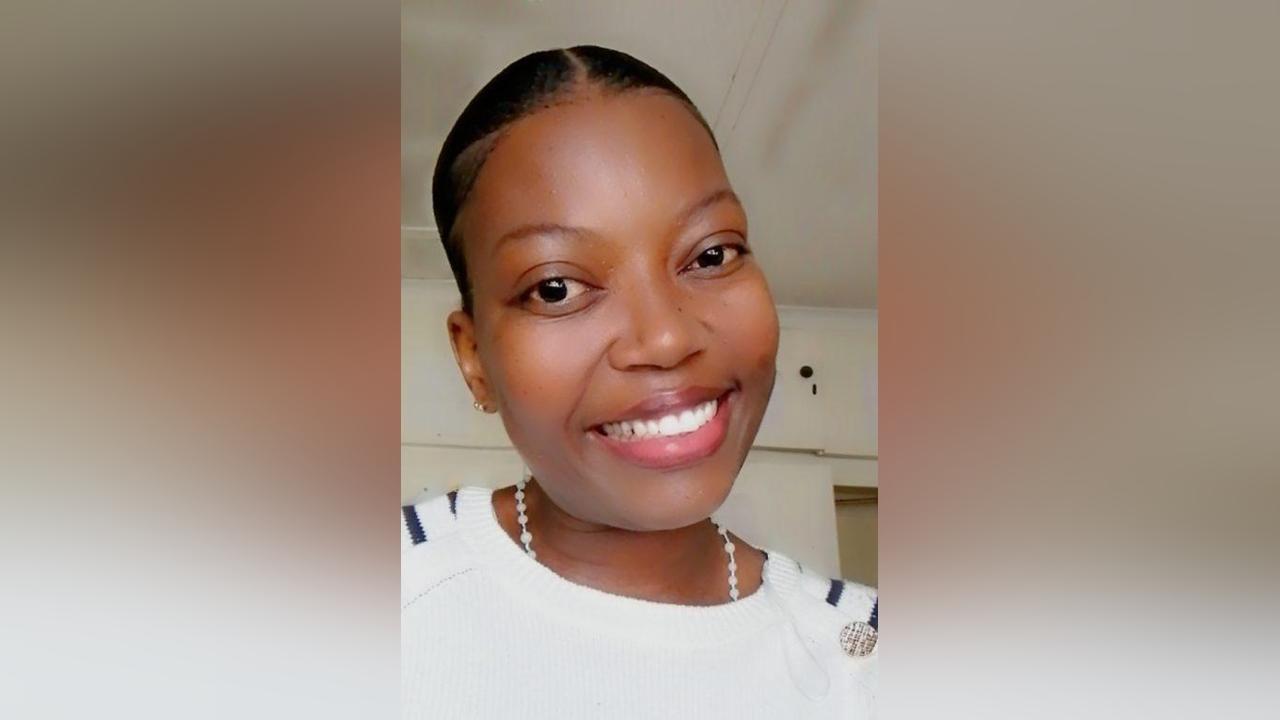Africa-Press – Lesotho. ADVOCATE Pontšo Mochesane was having another episode of dizziness when she heard the worrying news. Her husband, Corporal Tšitso Ramoholi, and father, Colonel Khutlang Mochesane, had been taken to a police station.
She had not been well for days, but she still drove to the police station. Advocate Mochesane knew her husband and father were not the only soldiers in police custody because several officers had been rounded up in the previous days.
A few days earlier, Corporal Ramoholi’s bosses had instructed him to report for duty in civilian clothes and to bring the army’s firearms. The police told her that her husband had come for interrogation but refused to tell her about her father.
When she asked for exact details about the interrogation, the police said it was none of her business. Dejected, she drove back home. When she returned to the station the next day her husband told her, during a brief meeting, that he would appear in court the next day.
She hurried back home to fetch his clothes. Advocate Mochesane handed him the clothes on November 28, 2017, and that was the last time she saw him as a free man.
Since then, she has only seen him in prison garb at the Maseru Maximum Security prison where he is being held together with more than a dozen other soldiers accused of murder, attempted murder, treason and arson.
Corpl Ramoholi has been charged with the murder of former army Commander Lieutenant General Maaparankoe Mahao. Her father is charged with the attempted murder of Lesotho Times Editor Lloyd Mutungamiri.
By November this year, most of the soldiers would have spent six years in remand prison as their cases crawl through the justice system. Judges, defence lawyers, governments and prosecutors have changed but their plight remains the same.
The past six years have been a story of remands, postponements, applications and counter-applications. The only certainty is that they are likely to remain in remand prison for another few years as more delays and postponements are expected.
Two months after her husband’s arrest, Advocate Mochesane discovered she was pregnant. “I was not aware that I was pregnant at the time of his arrest,” she says.
“I was so dizzy that I did not know it was another sign of pregnancy.
” The thought of breaking the news to her husband behind bars left her in anguish. She would have wanted to deliver the good news under more comfortable and friendlier circumstances.
But now with him in shackles at the country’s only maximum prison, Advocate Mochesane was not sure of his reaction. She knew there were two possible reactions.
The news could lift his spirits after the harrowing experience since his arrest or it could tip him into depression as he worries about his wife enduring the pregnancy and raising their child alone.
Advocate Mochesane says the news thrilled and worried her husband at the same time. She did not experience any complications during the pregnancy but says the next few months were traumatic.
“Dealing with an emotional pregnancy alone is quite traumatic,” she says.
“I had to be extra careful. It was stressful”. Adv Mochesane was constantly worried about the baby. She recalls that she once asked her brother, who had moved in with her, to take her to the doctor after she thought she was ready to deliver.
The doctor told her it was not time yet and she soldiered on, leaning on her family and friends for emotional support. Then came the agonising two-month wait to take her newborn to visit his father.
Adv Mochesane said that came with a rare moment of happiness for the couple. The prison authorities granted her a special visit and her husband cuddled their son for several minutes.
But once out of the prison gates emotions overwhelmed her. The struggle of raising her child alone while her husband and father wallowed in prison, facing an uncertain future, was too hard to bear.
She had episodes of depression between 2019 and 2023. “I was suicidal,” she says. Doctors advised her to stop using anti-depressants. She however still sees a psychologist.
She struggles to explain to her now five-year-old son why his father is never home. She cannot answer him because she too doesn’t have an answer. No one really knows when the trials will end.
Even the prosecution cannot hazard a guess because some of the issues are beyond their control. “If he was already sentenced it would be better because I would at least know when he would be back.
“Every day is like a new day. It is just miserable. ” Her life is also at a standstill because she is afraid to make huge decisions without her husband.
“Life is uncertain now because we do not know what is going to happen at the end of the day.
” Apart from the fact that she had two close relatives in remand prison, Adv Mochesane’s struggle is not unique. The families and wives of the more than a dozen soldiers arrested and charged with her husband and father are enduring the same pain.
’Mampho Nyakane whose husband, Captain Litekanyo Nyakane, is among the soldiers in remand prison, describes the past six years as “rough and tough”.
Captain Nyakane is charged with treason and the murder of Police Sub-Inspector Mokheseng Ramahloko. “It is really difficult,” ’Mampho says. Although the army still pays the suspects, the families say much of their husbands’ salaries are gobbled by the ever-mounting legal fees.
Yet for many of the wives, money is the least of their problems. They have to deal with the trauma of the continued imprisonment of their husbands, the uncertainty and their children growing up without their fathers.
They say they can endure the pain as adults, but their children cannot. The wheels of justice have been painfully slow. They have watched helplessly as the cases are routinely postponed and delayed.
Lance Corporal Leutsoa Motsieloa’s wife, who did not want to be named, says she and her family have lost faith in the justice system. She has resigned to the reality that her husband will not be coming home any time soon.
The most painful part, she says, is “not knowing when all this suffering will come to an end”. She says all she can do for now is to be strong enough to be both a mother and father to their nine-year-old son, who was three when Lance Corporal Motsieloa was arrested.
She cries every time she visits her husband who she says “is not in a good condition at all”. At home, she has to handle a son who is always asking why his father is not coming home.
“It is depressing because we do not know the end,” she says.
’Mashakhane Fako, Sergeant Motsamai Fako’s wife, burst in tears when she talked about her husband. They have been married for 30 years and she doesn’t believe that her husband committed the alleged murders.
“The LDF is now silent yet the accused acted under the scope and limit of their employment,” Fako says as she wipes tears.
For More News And Analysis About Lesotho Follow Africa-Press






